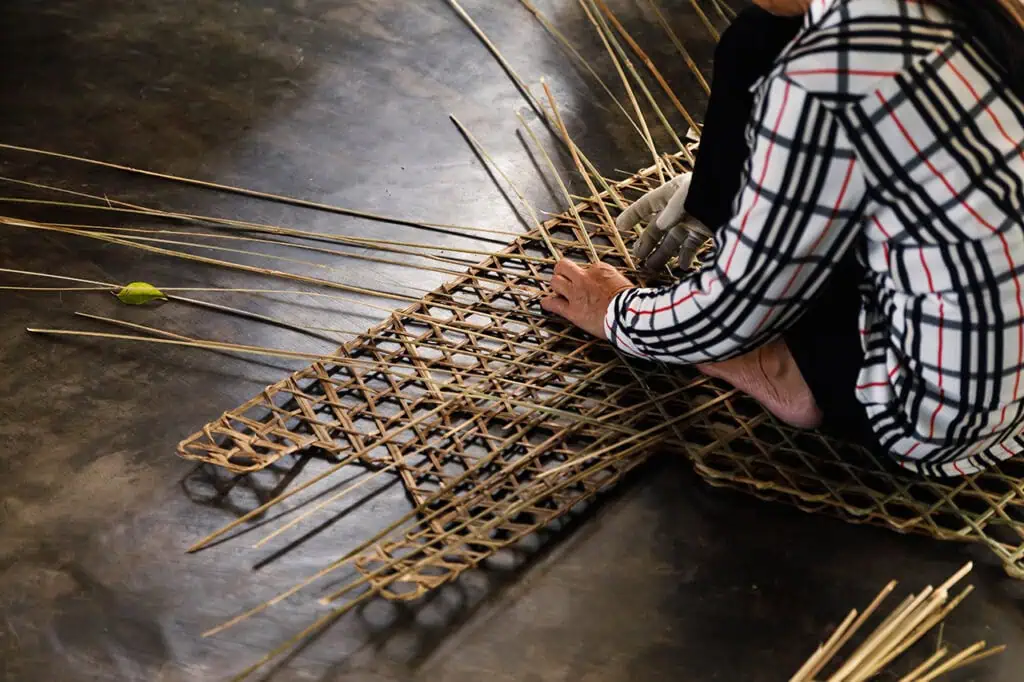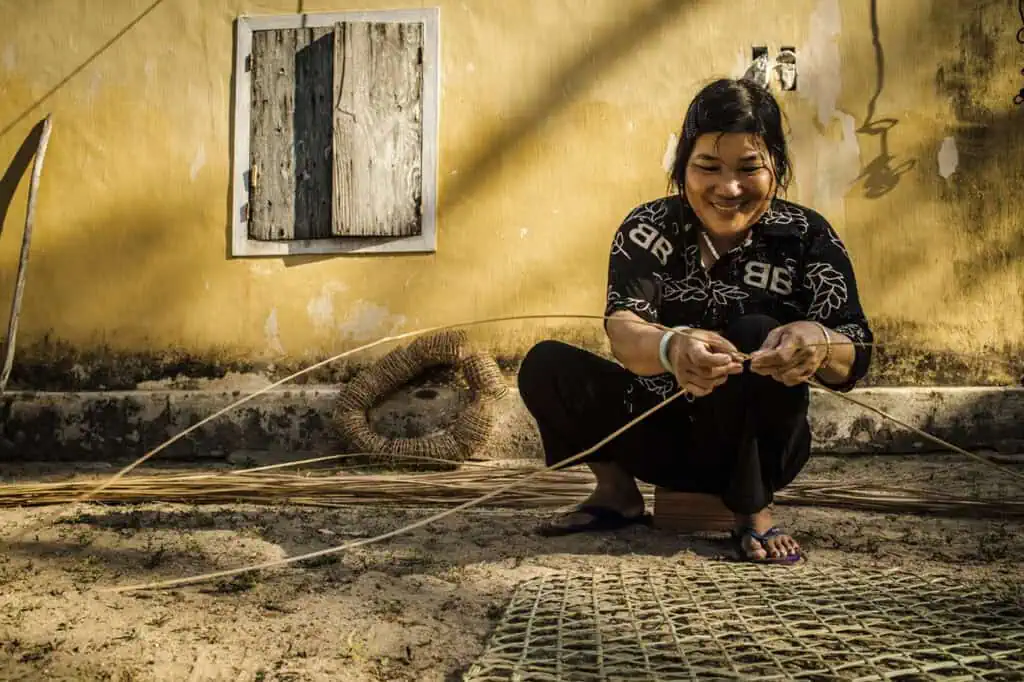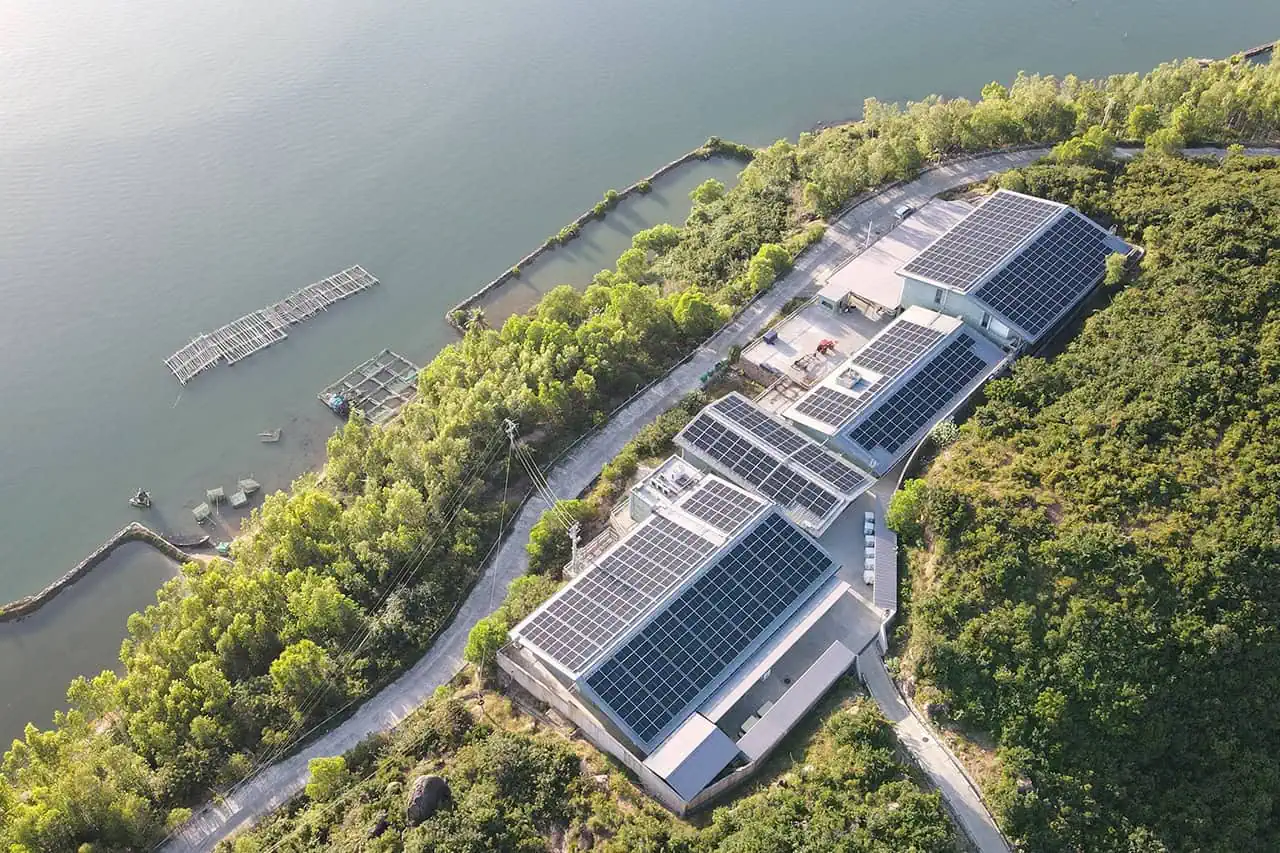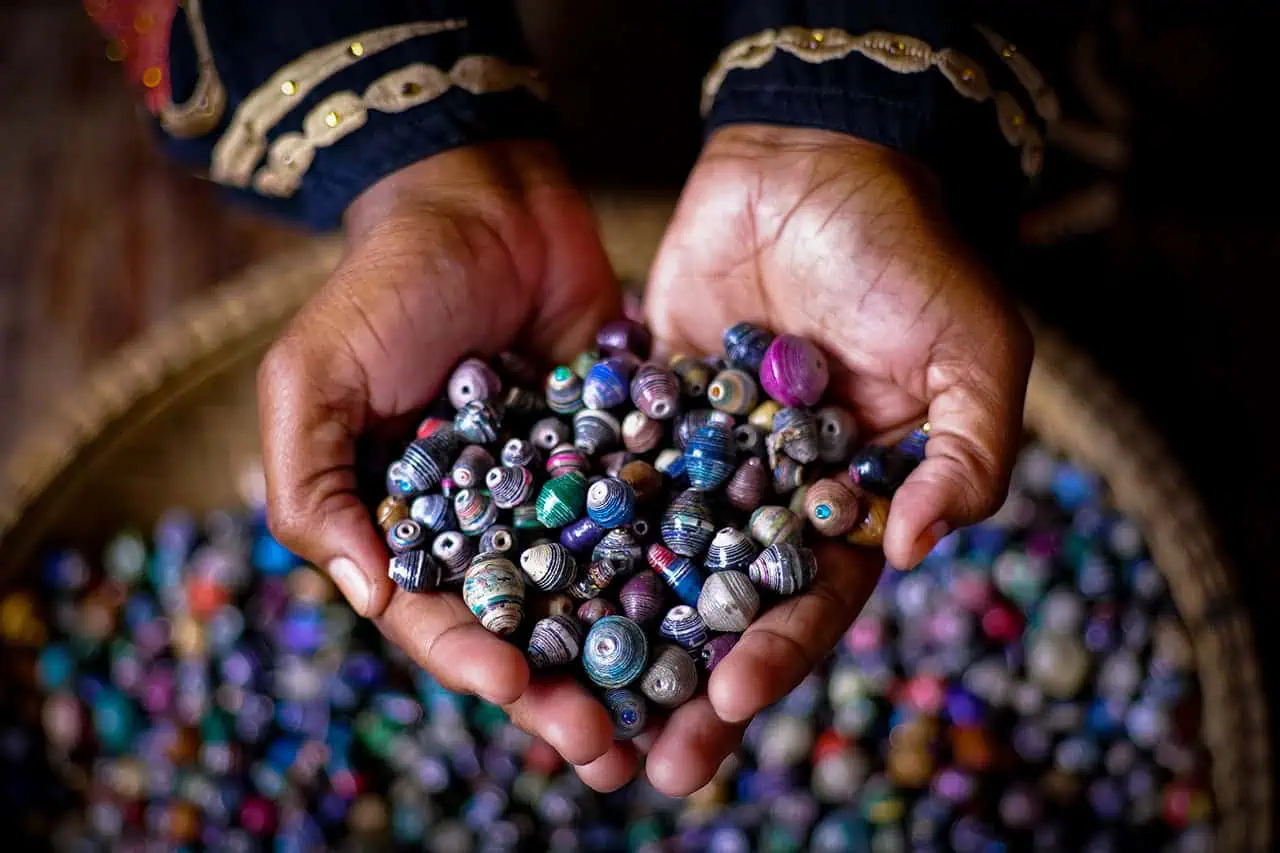Nestled in Vietnam’s Phu Yen province, Zannier Bãi San Hô sits at the heart of a pristine 98-hectare natural sanctuary, overlooking a breathtaking one-kilometre stretch of white sandy beach. Surrounded by rolling hills, lush vegetation, and tranquil rice paddies, the resort offers an immersive escape into nature.
Every aspect of the property—from its tranquil villas to its dining spaces—is thoughtfully designed to honour the natural landscape while respecting Vietnam’s rich cultural heritage and traditions. In February 2023, Zannier Bãi San Hô proudly received Green Globe certification for the first time, maintaining this recognition each year since.
At Zannier Hotels, sustainability is not merely a value to promote but a standard to uphold. The brand sees environmental responsibility as essential to its impact on both people and planet. Sustainability is integrated from the earliest planning stages of each project, using raw, natural materials and traditional local building techniques.
All 73 villas are constructed with locally sourced materials, reflecting architectural styles and methods inspired by Vietnam’s tribal cultures. The Paddy Field Villas, modeled after traditional fishermen’s homes, are built on stilts using reclaimed wood to minimize ground disturbance. The Hill Pool Villas, overlooking the resort, pay homage to the Rade people of the mountains. Their design features unfinished wood reminiscent of the branches locals gather in the forests, with smooth bamboo used for flooring and exterior cladding. The Beach Pool Villas draw inspiration from the coastal Cham communities. Their walls are crafted from cob—a blend of clay, sand, and straw—and their thatched roofs are made from Gỗ Chò Chỉ (Parashorea Chinensis), a durable and fragrant evergreen suited to Vietnam’s humid climate.


The resort’s commitment to energy efficiency is evident in its installation of 655 solar panels, meeting 20–40% of its energy needs. 98% of all lighting is LED and designed for low consumption. Outdoor lighting remains minimal to protect natural darkness and wildlife rhythms, with all lights on timers to reduce energy use. In addition, villa air conditioning is switched off when not occupied, while open spaces are cooled by fans and indoor public areas are maintained at moderate, energy-conscious temperatures.
Waste management is rigorously controlled. Waste separation occurs throughout the resort, and regular audits ensure continuous improvement. Food waste is minimized, and any excess—up to 20 kg daily—is collected by local farmers for livestock feed. The resort has eliminated single-use plastics entirely. Guest amenities feature biodegradable packaging made from bamboo and corn husk, refillable containers, and natural sponges. In both villas and restaurants, water is served exclusively in glass bottles produced in the resort’s own bottling plant.
Beyond its own operations, Zannier Bãi San Hô actively engages the local community, running workshops and training sessions to raise awareness about biodiversity preservation, including the harmful effects of chemicals and water pollution on coral reefs. Only natural fertilizers and repellents are used on the property. Additionally, rice harvested from the resort’s own paddies—more than one ton annually—is donated to local charities.
Zannier Hotels also invests in the social development of the region, supporting local communities through employment, education, training, and long-term engagement—demonstrating how responsible tourism can drive meaningful, positive change.



